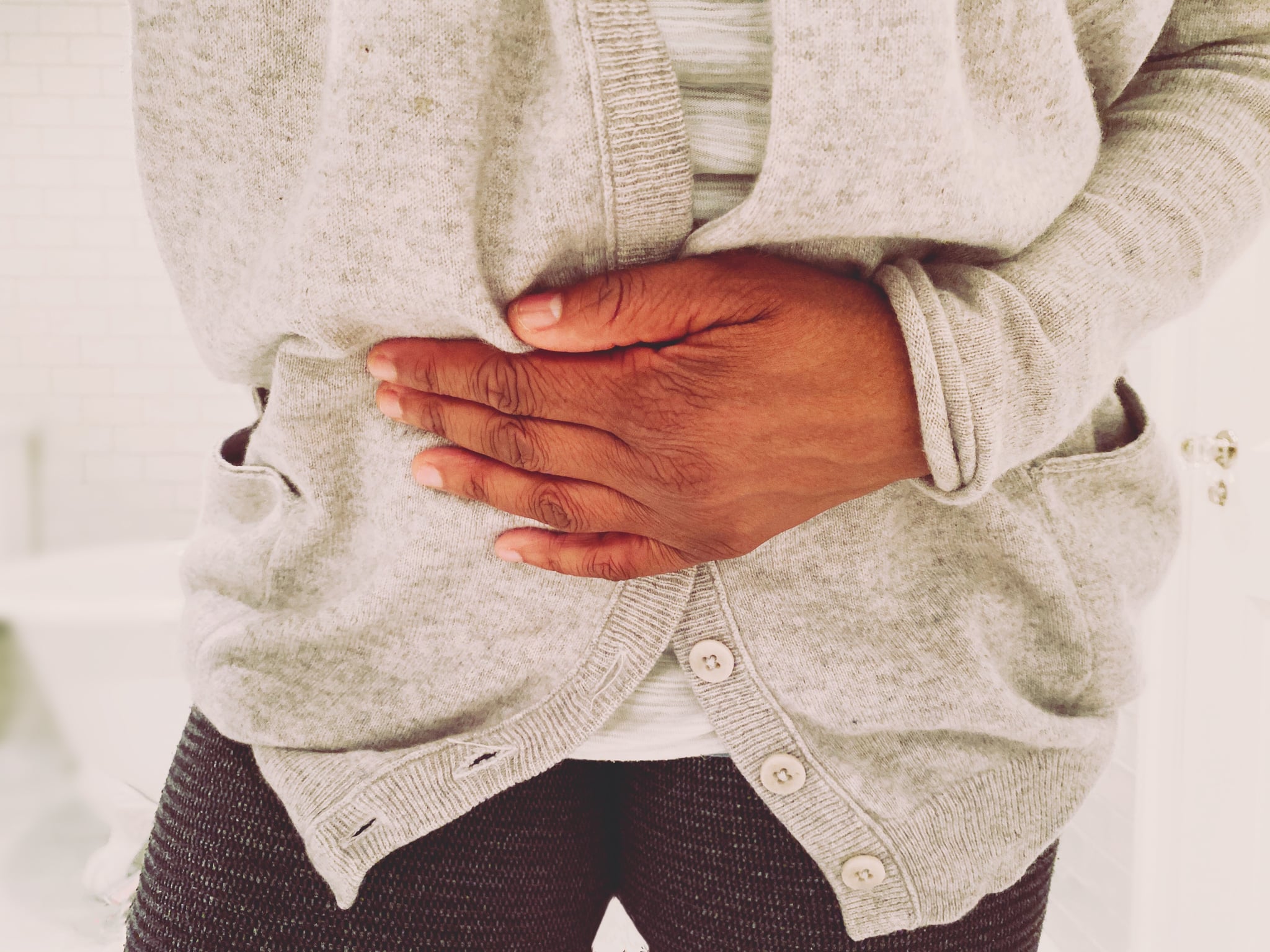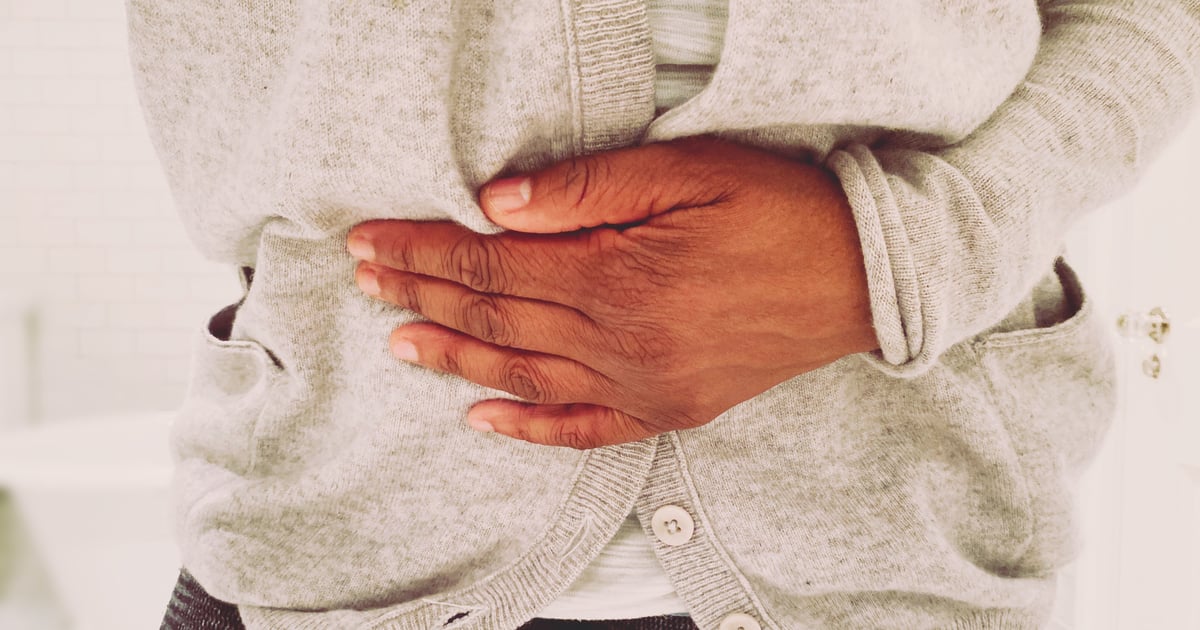
Editor’s Note: We at POPSUGAR recognize that people of many genders and identities have vaginas and uteruses and experience periods, not just those who are women. For this particular story, we referenced experts who generally referred to people with vaginas and uteruses as women.
You might be prepared for fever, fatigue, or muscle aches after receiving the COVID-19 vaccine, but what about changes in your period? That’s the unexpected side effect many people are reporting on Twitter, with complaints including heavier-than-normal flow or having a period for the first time in years. “I’m a week and a half out from dose 1 of Moderna, got my period maybe a day or so early, and am gushing like I’m in my 20s again,” tweeted Kate Clancy, PhD, an associate professor of anthropology at the University of Illinois, in a thread that quickly attracted other post-vaccine period stories.
Looking for answers about this possible side effect? Here’s what we know so far.
Does the COVID-19 Vaccine Affect Your Period?
Changes in menstruation are not listed as side effects for the Pfizer, Moderna, and Johnson & Johnson vaccines. As of right now, doctors don’t believe there’s a biological connection between the vaccine and menstrual abnormalities people are reporting.
“There is no biologic mechanism that would account for [the] disruption of the menstrual cycle following receipt of the COVID-19 vaccine,” said Mark Turrentine, MD, professor of obstetrics and gynecology at Baylor College of Medicine in Texas, in an interview with Health. He noted that unusual vaginal bleeding “was not a side effect reported in any of the clinical trials from the vaccine manufacturers,” and that “no large-scale adverse events regarding irregular menstrual bleeding have been noted to date.”
So what explains the trend?
Why Are People Experiencing Period Changes After the COVID-19 Vaccine?
Experts aren’t totally sure why the COVID-19 vaccines appear to be affecting people’s periods. If you’re experiencing more cramping and pain than usual, that might be related to the aches and pains that we know the vaccine can cause throughout the body, infectious disease expert Amesh A. Adalja, MD, senior scholar at the Johns Hopkins Center for Health Security in Maryland, said in the Health interview.
When it comes to heavier flow, doctors speculate that stress might play a role. As you probably know, your period can be affected by lots of different changes in behavior, including stress, poor sleep, exercise, and even medications, Gloria A. Bachmann, MD, associate dean for women’s health at the Rutgers Robert Wood Johnson Medical School in New Jersey, told Health. “It wouldn’t be that unusual for some women to notice, after receiving the vaccination, changes in their period, such as it coming on earlier, or having a heavier flow, or noticing more cramping than they usually have,” she explained.
Another possibility: a fever, which is one potential side effect of the COVID-19 vaccine, can delay ovulation. That, in turn, can change your menstrual cycle during that month, said Stacy De-Lin, MD, a gynecologist in New York, in an interview with Bustle. Your next cycle, Dr. De-Lin said, should return to normal. And while there is evidence that having COVID-19 can affect your period, none of the vaccines approved for use in the US contain live virus, meaning that there shouldn’t be a connection between COVID-19-related period changes and vaccine-related ones.
So what should you do if your period changes after your vaccination? Reach out to your gynecologist, Dr. De-Lin said. “If your periods are off and you think it’s just the vaccine, please don’t ignore those symptoms,” she explained. It’s worth getting them checked out, whether they’re related to the vaccine or not.
POPSUGAR aims to give you the most accurate and up-to-date information about the coronavirus, but details and recommendations about this pandemic may have changed since publication. For the latest information on COVID-19, please check out resources from the WHO, CDC, and local public health departments.
